Podcast: Play in new window | Download
Subscribe: RSS
Dave Coffaro believes your business depends on staying relevant to clients and that you have to earn that relevance every day.
Coffaro is a strategic leadership advisor, executive coach and author. As principal of the Strategic Advisory Consulting Group, Dave works with financial businesses and nonprofits to define, design and deliver their vision through operating models that create results. He is co-founder of Atticus, a fintech company providing individuals and institutions easy to use, do-it-yourself tools for fiduciary-based activities.
Our conversation includes:
- Why Coffaro believes there is no such thing as status quo
- Why you must be willing to go to any length to nurture client relationships, and how to do it
- Making resource development a differentiator
- The seven essential elements of earning relevance
- What it means to have a process mindset and how it can benefit you
- What we can learn from the Rolling Stones about maintaining relevance
Dave speaks and writes about strategic leadership, leading change, organization transformation and innovation. Some of his works include, Leading from Zero: Seven Essential Elements to Earning Relevance and Leading from Where You Are: 7 Themes to Make a Meaningful Impact In your Work.
Take away quote:
“The more mindful we are about designing processes that align with our ultimate goals, the more effective we can be.”
Links:
Website: https://www.davecoffaro.com/
LinkedIn: https://www.linkedin.com/in/dave-coffaro-5a630780/
Want more?
Stephen Wershing: http://advisorchecklist.com/blog/
Julie Littlechild: http://www.absoluteengagement.com/blog
Referral Calculator Link: http://www.referralcalculator.com
Episode Transcript:
Read More
Steve Wershing:
Welcome to Becoming Referable, the podcast that shows you how to become the kind of advisor people can’t stop talking about. I’m Steve Wershing. Dave Coffaro says you cannot assume you have relevance with clients. He says you have to earn that relevance every day. Coffaro serves as principal of Strategic Advisory Consulting Group, and co-founder of Atticus, a FinTech firm providing do it yourself tools for fiduciary based activities. He’s author of Leading from Zero: Seven Essential Elements of Earning Relevance. In Dave’s view, earning and sustaining relevance with employees and customers is the primary responsibility of leaders. Similar to the concept of zero based budgeting, leading from zero asserts every organization starts its day from a base of zero, zero customers, zero employees, zero revenue. Organizations must earn relevance with customers, employees, and stakeholders every day. Dave’s broad financial services experience includes leadership positions in commercial banking and wealth management.
Steve Wershing:
He was founding chair of the UC Berkeley Extension Wealth Management Program, served on the American Bankers Association Professional Development Council, and on the Trust Management Association. In our conversation we discuss what leading from zero means. We explore Cafarro’s assertion that there is no such thing as a status quo. We investigate what comprises relevance for a financial advisor, and what it means to go to any length to nurture the relationship with the client. We talk about using resource development as a differentiator, and we explore his seven elements of earning relevance. And listen through to the end where Dave illustrates his ideas using The Rolling Stones as an example of a business that has continually re-earned relevance. There are a lot of interesting insights in this conversation worth contemplating. Here now is our conversation with Dave Cafarro. Dave Cafarro, welcome to the Becoming Referable Podcast. Thanks for joining us.
Dave Coffaro:
I’m thrilled to be here with both of you. Thank you so much.
Steve Wershing:
So in your book, Leading from Zero, you talk about the outbreak of COVID-19 as a zero moment. What do you mean by that, and why is it significant?
Dave Coffaro:
So Leading from Zero is a mindset really, and it says that every day businesses need to earn and re-earn, and sustain relevance with their stakeholders. So with their clients, with their employees, with their partners, in order to succeed. And by relevance I’m talking about pertinence, importance and meaningfulness of a business to its stakeholders. So the premises of the book is that we can’t simply assume that our business, our products, our services, are going to automatically remain relevant to our clients and to our stakeholders. In fact, we can’t even assume that our clients will remain our clients. They’ve got a lot of choices, and we’ve got to continually re-earn that relevance, that meaningfulness with them. So early last year at the beginning of the COVID when the economy and a lot of businesses really paused, it was a zero moment. Everything overnight changed and think of clients’ needs, how they evolved, how they changed very quickly.
Dave Coffaro:
Preferences followed pretty quickly after that, but the systemic shock of COVID, it forced the zero moment where every organization, for-profit, nonprofit, government agencies, had to question and say, how do we become meaningful? Now they may not have used those words, but how do we earn and re-earn relevance in this new world order? So to regain relevance under those conditions, a lot of leaders took a strategic approach to harvesting new ideas, and better positioning their businesses for this uncertain future. So COVID initiated this zero moment, but part of what I challenge readers too in the book is imagining if you proactively took this perspective, this mindset, and what would leading from zero look like to you? If you started every day assuming no clients, no revenue, if you’re a leader, no employees, and saying, what would I have to do to earn and re-earn relevance with my audience?
Julie Littlechild:
And when you talk about relevance in particular, that means something to me, what does it mean to you?
Dave Coffaro:
It’s really getting at that idea of pertinence, of importance of meaningfulness in the life of our clients, of our customers. And it changes from time to time, right? It’s not static. It’s something that two years ago, five years ago, 10 years ago, may have had one meaning, and today it’s evolved, and tomorrow it will be different. So this whole idea of needing to re-earn and sustain it is one that says the business environment’s dynamic, it’s always in motion. It’s that perpetual emotion concept. So we need to be comfortable in the fact that it’s always evolving.
Steve Wershing:
So many advisors might think, well, we have our clients’ life savings, and we wrote their financial plan, and we talk about that plan. So, of course, I’m going to remain relevant to my clients because I’m the one who knows all their plans and I’m the one who has all their money. What would you say in response to that?
Dave Coffaro:
So I think it helps to start with acknowledgement of the nature of business, and that it is dynamic, that it’s in perpetual motion, and think about it, we don’t always feel the motion. Sometimes we get lulled into saying, yeah, things are stable, but the fact of the matter is things are always moving. It’s like living on planet earth, right? At the equator, the planet is spinning at a thousand miles an hour, but we don’t feel it, it’s just normal. When an extraordinary event comes up, like COVID, we feel that acceleration because things happen all around us, and so we can see that things are happening, but there’s never a time in the business environment where things are standing still. So while we can say, yeah, I still have the client’s money, so I must be relevant to them, that’s really a risky mindset. And the A cats take it away.
Dave Coffaro:
And so we always have the opportunity to find new ways of earning relevance, and that’s exciting. It’s fun to challenge ourselves, to be creative and look for ways of creating greater relevance in the financial lives of our clients. And ultimately that helps lead us to more introductions.
Julie Littlechild:
I think it’s fair to say that some of the core elements of what advisors are doing is relatively static, can we say, but I think that’s maybe what you’re thinking of, Steve, that we’re a cycle. I still do these particular things, but the reality is that the needs, and feelings, and concerns, and challenges of clients are changing. Right? And that seems to me where the big opportunity is, to change the mindset. Would you agree with that?
Dave Coffaro:
Yeah. I totally agree with that, and I think it’s so important, Julie, because think about it, clients’ financial lives, even when we’re not in a pandemic, are always changing. People get married, they have children, children grow up, they buy companies, they sell companies, people get divorced and start new families, or they start new companies, and people pass away. So that family dynamic is always in motion, which means that relevance to a client is temporary, it’s fleeting. And so the more we can get comfortable with the fact that what was meaningful to our client yesterday may not be tomorrow as their life situation changes. COVID was a great illustrator of that because everybody’s world changed all at once, but in each individual family, there’s always something going on. So that idea of saying, I want to keep checking in with the client and say, where are they today? What’s meaningful to them today? And what’s changed since we did the plan, right? How do I continue to re-earn that? Because if I make an assumption, I could be very wrong and I could be going down one path and they’re going a completely different path.
Steve Wershing:
One of the more provocative things you say in the book is, it’s getting at what you’re talking about here, and what you were talking about in terms of people at the equator moving a thousand miles an hour, that there is no status quo, there’s no such thing as a status quo. Can you elaborate on that a little bit?
Dave Coffaro:
Well, and it’s easy for all of us to get lulled into saying, now that things feel normal, but it’s a false perception. Normal is dynamic movement, perpetual motion. And I think the more we can get comfortable in the uncomfortable, whether we’re an advisor, whether we’re leading advisors, the better off we are, because think about it, back in the 2008 financial crisis I remember hearing people say, once things get back to normal, and then that changed too, when we get to the new normal. Well, the fact is that the new normal is always new. What’s normal today may be different on Monday. And so it’s just a matter of reframing that perspective to say, normal is this ongoing evolution of normal, and getting comfortable with that.
Julie Littlechild:
And so you talked about leading from zero, and what does that mean in practical terms? So we’ve talked about the mindset. How do I show up and do that every day?
Dave Coffaro:
So, there’s, I mention in the book, this ad that I loved, it’s an oldie, but goodie, but I found it online and it’s from an airline, and their motto was, we have to earn our wings every day. And the ideal was every day they start up, they don’t have any passengers, they don’t have any luggage, any packages that they’re going to carry, or anything like that. And what they do during that day will depend if they have customers tomorrow, passengers tomorrow. So the way we can practice this mindset is to just assume we start each day with a blank slate, zero, and we’ve got to earn that relevance. So if you’re leading the organization with your team members, and if you’re an individual contributor, you’re an advisor working with those clients. When you start from that perspective, when you don’t take anything for granted, it helps change your perspective on the way you engage with clients.
Dave Coffaro:
And one of the things that I hear from advisors, and I certainly experienced this as a relationship manager, is sometimes we’re embarrassed to ask questions that we think we should have asked a long time ago. I don’t know if either of you have ever experienced that, where they’re saying, gosh, I’ve never asked her about her philanthropic interests, but I know I should have. It’s really important that we overcome that inertia and potentially embarrassment of being, well, gosh, you should’ve asked me that a long time ago, it’s better to ask the questions because the worst way to find out about somebody’s philanthropic interests for instance, is when they say, my new advisor, that was the first thing she asked me about. So by never taking anything for granted, and being comfortable with feeling somewhat uncomfortable, and asking questions that maybe you thought you should have known, it puts you in a much better position to earn and re-establish that relevance and to sustain it.

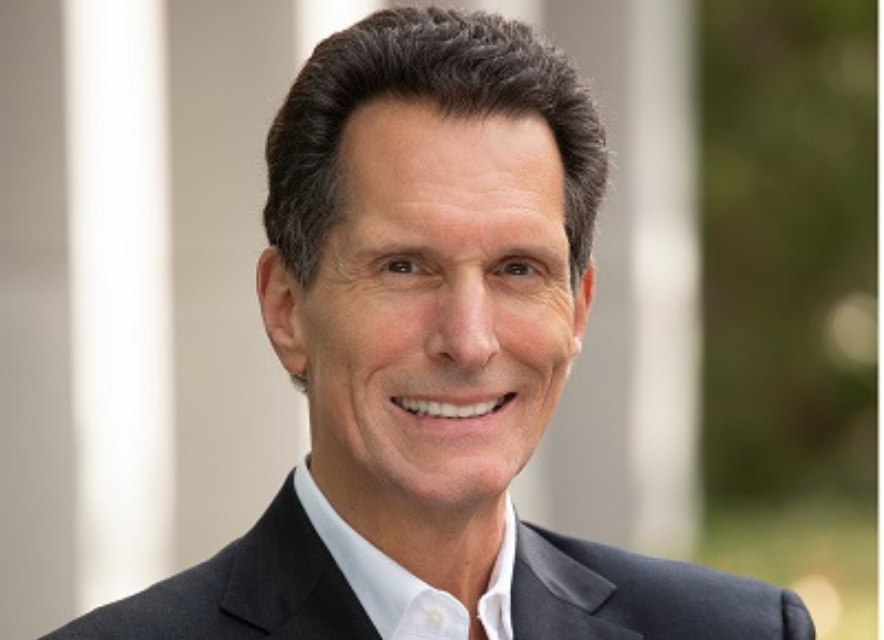
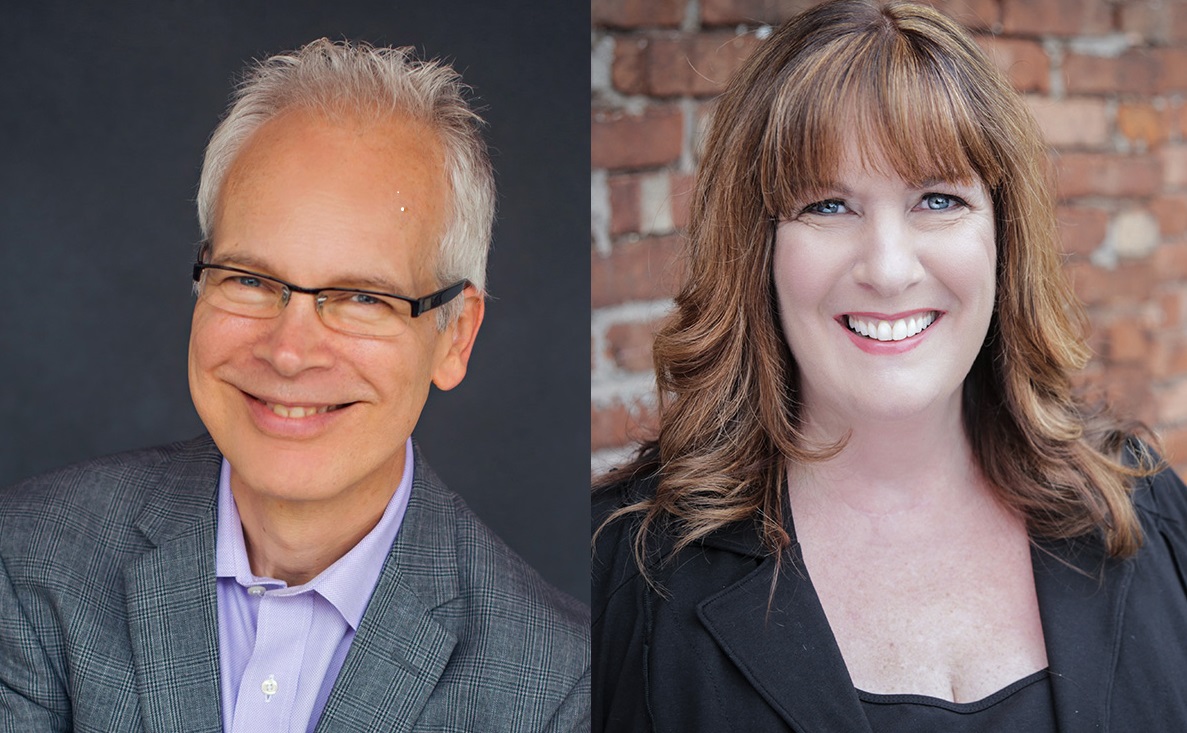
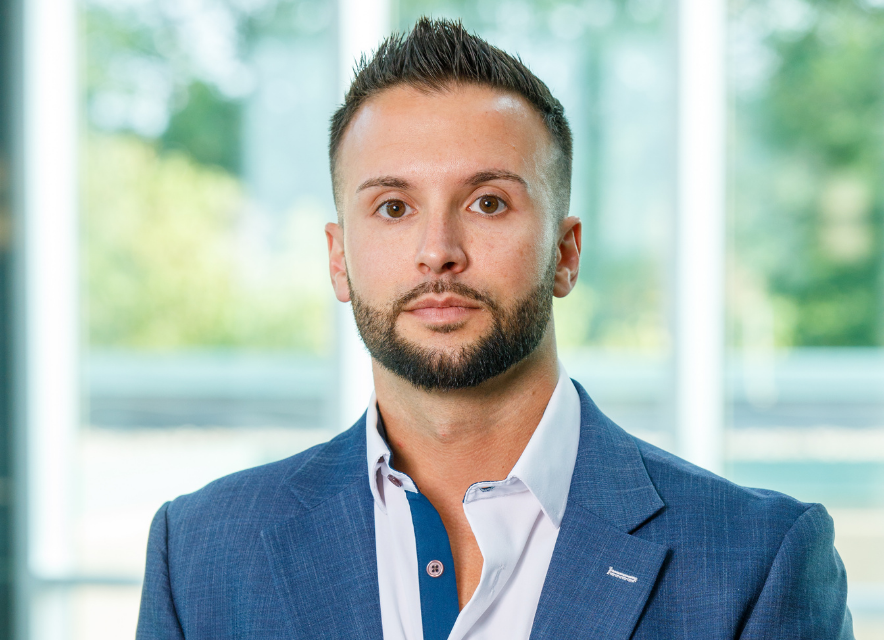
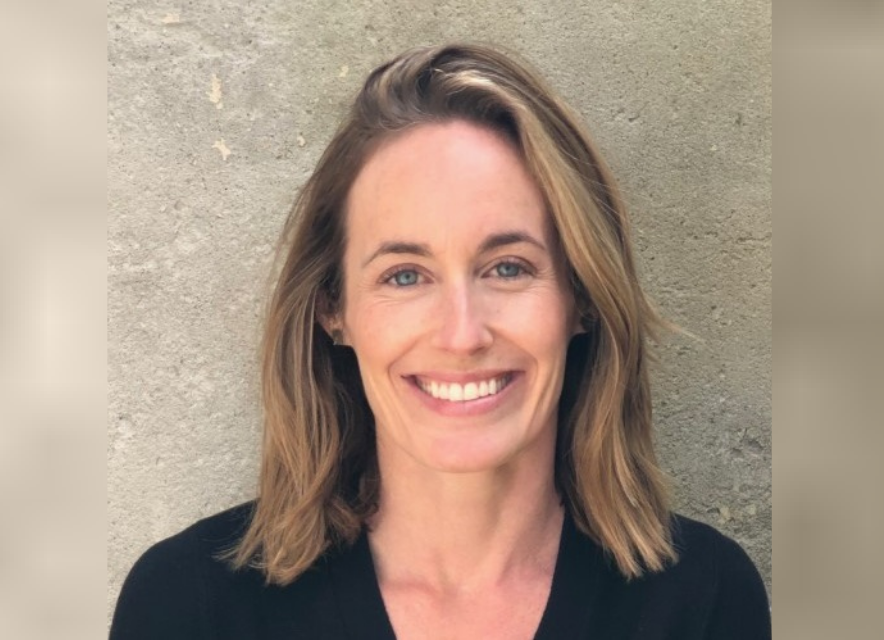
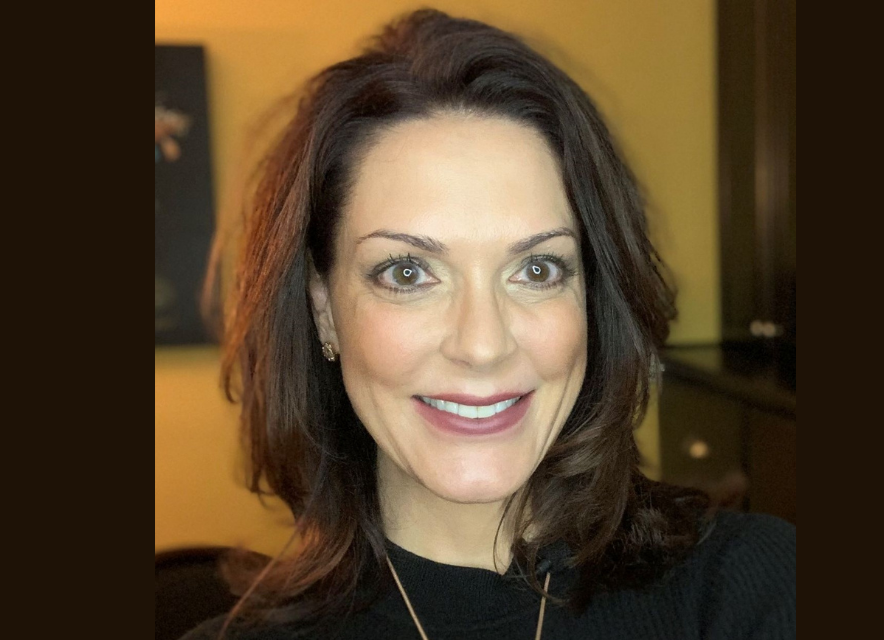
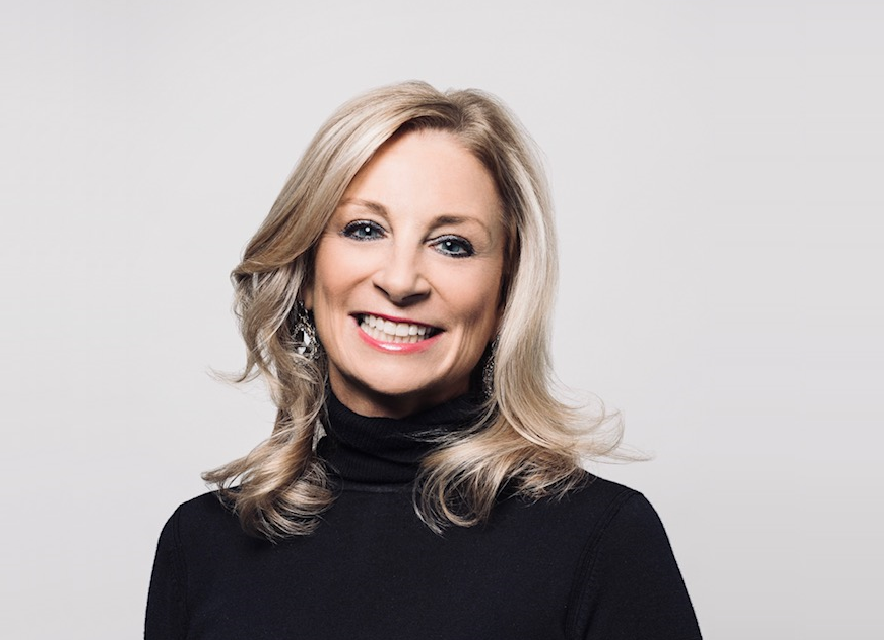
Leave A Comment